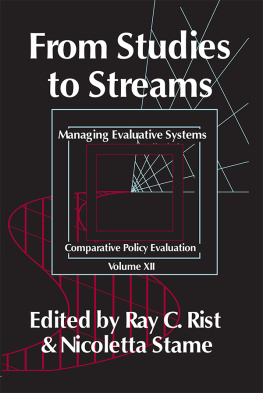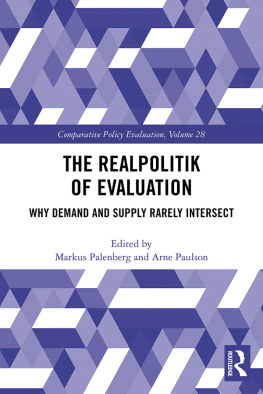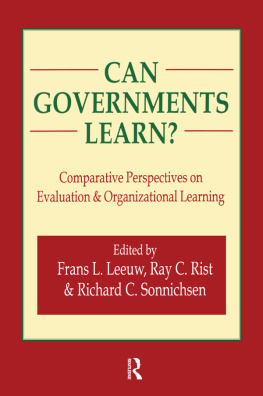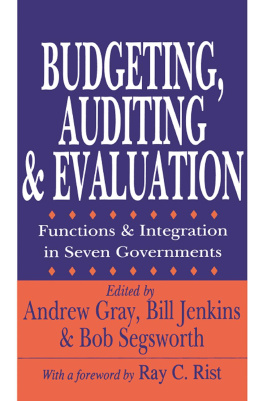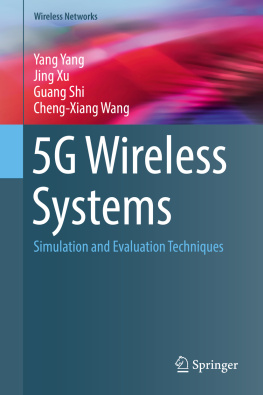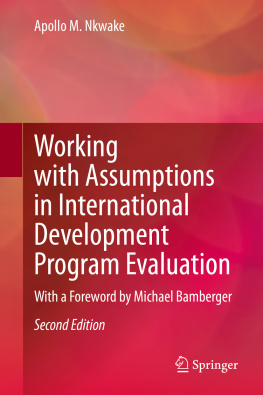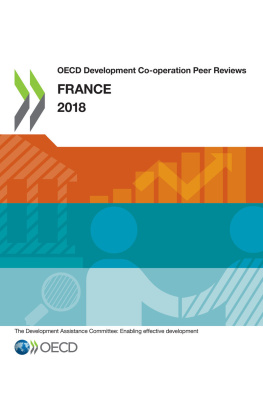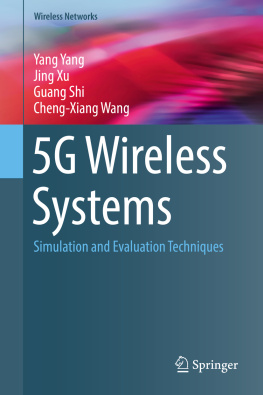From Studies
to Streams
Comparative Policy Evaluation Series
Ray C. Rist, series editor
Program Evaluation and the Management of Government
edited by Ray C. Rist
Budgeting, Auditing, and Evaluation
edited by Andrew Gray, Bill Jenkins, and Bob Segsworth
Can Governments Learn?
edited by Frans L. Leeuw, Ray C. Rist, and Richard C. Sonnichsen
Politics and Practices of Intergovernmental Evaluation
edited by Olaf Rieper and Jacques Toulemonde
Monitoring Performance in the Public Sector
edited by John Mayne and Eduardo Zapico-Goi
Public Policy and Program Evaluation
by Evert Vedung
Carrots, Sticks, and Sermons: Policy Instruments and Their Evaluation
edited by Marie-Louise Bemelmans-Videc, Ray C. Rist, and Evert Vedung
Building Effective Evaluation Capacity
edited by Richard Boyle and Donald Lemaire
International Atlas of Evaluation
edited by Jan-Eric Furubo, Ray C. Rist, and Rolf Sandahl
Collaboration in Public Services: The Challenge for Evaluation
edited by Andrew Gray, Bill Jenkins, Frans Leeuw, and John Mayne
Quality Matters: Seeking Confidence in Evaluation, Auditing, and Performance Reporting
by Robert Schwartz and John Mayne
First published 2006 by Transaction Publishers
Published 2017 by Routledge
2 Park Square, Milton Park, Abingdon, Oxon OX14 4RN
711 Third Avenue, New York, NY 10017, USA
Routledge is an imprint of the Taylor & Francis Group, an informa business
Copyright 2006 by Taylor & Francis.
All rights reserved. No part of this book may be reprinted or reproduced or utilised in any form or by any electronic, mechanical, or other means, now known or hereafter invented, including photocopying and recording, or in any information storage or retrieval system, without permission in writing from the publishers.
Notice:
Product or corporate names may be trademarks or registered trademarks, and are used only for identification and explanation without intent to infringe.
Library of Congress Catalog Number: 2005041934
Library of Congress Cataloging-in-Publication Data
From studies to streams : managing evaluative systems / Ray C. Rist and
Nicoletta Stame, editors.
p. cm.(Comparative policy evaluation series ; v. 12)
Includes bibliographical references and index.
ISBN 0-7658-0287-2 (cloth : alk. paper)
1. Policy sciencesEvaluation. 2. Administrative agenciesEvaluation. 3. Public administrationEvaluation. I. Rist, Ray C. II. Stame, Nicoletta. III. Series.
H97.F765 2005 2005041934
320.6'72dc22
ISBN 13: 978-0-7658-0287-3 (hbk)
ISBN 13: 978-1-4128-1837-7 (pbk)
Contents
Nicoletta Stame
Ray C. Rist
Burt Perrin
Markus Spinatsch
Peter Dahler-Larsen
Frans L. Leeuw
Per Oyvind Bastoe
Nicoletta Stame
Pearl Eliadis and Donald Lemaire
Jan-Eric Furubo
Yoon-Shik Lee
Marit Stadler Waerness and Ragnhild vrelid
Xavier Ballart and Eduardo Zapico
Kim Forss and Claus C. Rebien
Mita Marra
Olaf Rieper
Ray C. Rist
List of Contributors
Introduction
Streams of Evaluative Knowledge
Nicoletta Stame
This volume looks at the current world of evaluation through the prism of a metaphor, that of the stream, meaning that evaluations no longer come anymore in single studies, but more often draw their material from a continuous flow of information that is nowadays facilitated by the ICT (Information and Communication Technologies). The authors reflect on the various shapes that such a stream may take, on the chemical composition of the water, and its potential uses: Drinking? Washing? Hydraulic power?
As with all metaphors, it has been created because a new phenomenon arose for which we have no specific concept, and it may be contested as to how suitable it is for what it was intended to accomplish. Once the metaphor was launched on a rainy day in a nicely rehabilitated ex-granary on the wharf of Copenhagen (May 2002), the authors were thrilled with the idea as it helped them understand what they were dealing with, and they embarked on this joint adventure. Each of them analyzed the stream from a different perspective: some looked at it from a bridge, others observed it irrigating their yards.
The result is a new navigation map that aims at helping evaluators and stakeholders understand when they can best benefit from flowing with the stream, when they would rather resist it and, above all, how they should learn to channel it.
Why Streams?
We have detected many reasons for the emergence of streams. In the first place, there are limitations in single studies. Little can be learned by a single study if it is not supported by other findings (Perrin). They are expensive. They are repetitive: time and again they find out the same things, and it is foolish to have to repeat them just because of the administrations amnesia (Furubo); and they rarely produce new and relevant knowledge. According to Furubo, many single evaluations are irrelevant because they do not question the policy instruments and the relationship between means and goals, but only implementation. It is a kind of vicious circle: the evaluators limit themselves to evaluating the implementation of an instrument, and their evaluation cannot be used for policy decisions (with the apparent paradox: evaluation are more relevant where decisions are more trivial and less relevant where fundamental policy decisions are taken). They are frequently untimely: as Rist stresses, evaluation is appropriate at all phases and should not be restricted to an after-the-fact situation.
In the second place, there are new information needs that a single study cannot meet. Results based government studies require a continuous flow of data in order to be able to redress existing policies and programs on a real-time basis (Rist, Bastoe). New public management philosophies of public administration require a larger scope of evaluation in order to arrive at budgeting decisions (Furubo, Waerness, vrelid). Development policies, based on such principles of the new paradigm as ownership, coherence, partnership, results-orientation, need to focus on the coordination among the recipients own priorities and the assistance policies (Bastoe). Evidence-based policy requires a larger basis for its generalizations (Spinatsch). New evolution areas, like complex policies and multi-layer governance arrangements (Stame, Leeuw), require a comparative analysis across different tools and across the public sector in order to overcome knowledge silos impediments or institutional barriers to knowledge and to move from individual bits of knowledge about individual instruments to broader categories, namely information, capacity building, economic instruments ... rules and organizational structure (Eliadis-Lemaire).
In the third place, new ICT resources are available that make the new tasks less daunting. The new ICT conveys much information that might be utilized for evaluation (data on performance, evaluation reports, policy analyses, administrative data, national statistics). Knowledge management (KM) systems, organizational memory and many other devices have been worked out, but it is not self-evident as to how can one translate information into useful, practical knowledge that can be applied on a timely basis here and now in the real world (Perrin). In fact , sometimes there is just an overload of it (Spinatsch speaks of health information systems that try to help potential users in their own search for the knowledge they need). Moreoveras Perrin suggestsit may be better to rely on the Internet for continuing a search, rather than to begin with it. As Lee points out, beyond being a promoter of evaluation use, the role of ICT can be that of a demoter or of an onlooker.

